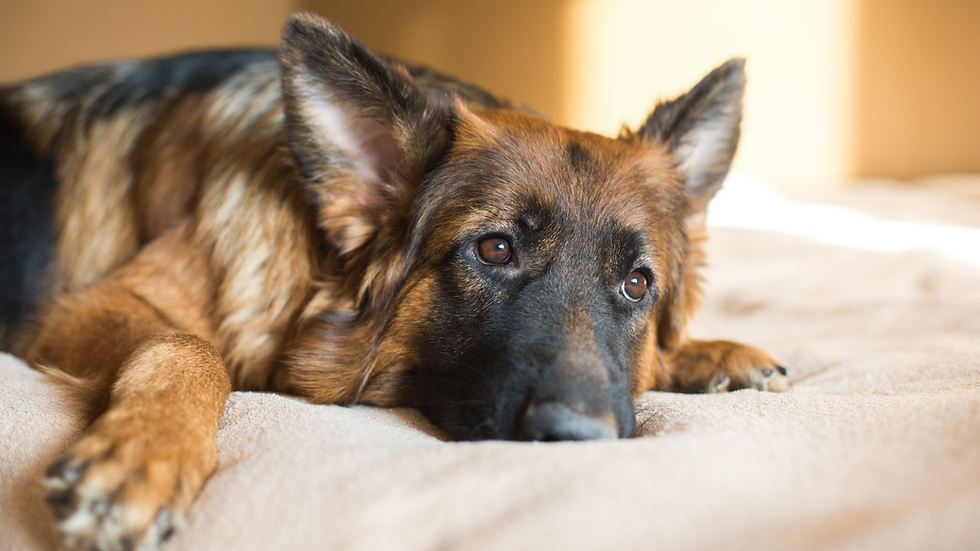Alright, folks, let’s talk about my latest adventure – newborn German Shepherd puppies! It all started when my neighbor’s German Shepherd, Bella, had her pups. Being the dog lover I am, I offered to lend a hand, and boy, was I in for a treat!
First things first, I needed to make sure Bella and her pups had a safe and comfy space. I helped my neighbor set up a whelping box in a quiet corner of her house. We used a large cardboard box and lined it with soft blankets. I made sure the room was warm enough because these little guys can’t regulate their body temperature yet. We were shooting for around 85-90 degrees Fahrenheit for the first few days, then gradually lowered it.

Now, let me tell you, these puppies were tiny! Like, fit-in-the-palm-of-your-hand tiny. I learned that it’s super important not to disturb them too much during the first few weeks. So, I kept my visits short and sweet, mainly just to check on Bella and make sure she was doing okay as a new mom.
- Feeding Time: For the first few weeks, the puppies relied entirely on Bella’s milk. My job was to make sure Bella had plenty of good quality dog food and fresh water to keep her milk production up. Around three weeks, the puppies started showing interest in solid food. I helped my neighbor introduce them to a special puppy mush by mixing puppy kibble with warm water. It was a messy but adorable process!
- Clean-Up Crew: Puppies are messy! I helped with keeping the whelping box clean. We used old towels and blankets, and I changed them out a couple of times a day. This kept the pups clean and reduced the risk of any infections.
- Vet Visits: I went with my neighbor to the vet for the puppies’ first checkup. The vet gave them a clean bill of health and dewormed them. It was important to make sure they were growing well and didn’t have any health issues.
- Socialization: Once the puppies were a bit older, around four weeks, I started handling them more. I’d pick them up, talk to them in a soothing voice, and let them get used to human touch. This early socialization is important for their development. Also I began to play some baby noises to help them get familiar with it.
I continued helping with feeding, cleaning, and playing with them. Before I knew it, they were eight weeks old and ready to go to their new homes!
Taking care of these newborn German Shepherd puppies was an amazing experience. It was a lot of work, but seeing them grow from helpless little furballs into playful, energetic pups was incredibly rewarding. If you ever get the chance to help with newborn puppies, I highly recommend it. Just be prepared for a lot of cuteness and a lot of poop!




